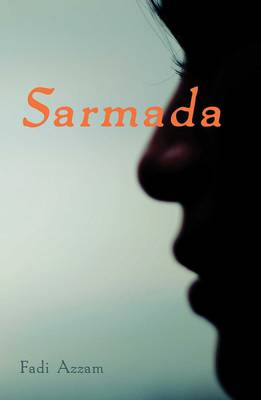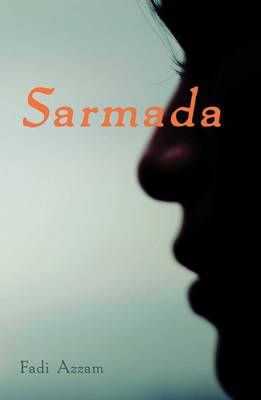
- Afhalen na 1 uur in een winkel met voorraad
- Gratis thuislevering in België vanaf € 30
- Ruim aanbod met 7 miljoen producten
- Afhalen na 1 uur in een winkel met voorraad
- Gratis thuislevering in België vanaf € 30
- Ruim aanbod met 7 miljoen producten
Zoeken
Omschrijving
Sarmada, Arabic for "perpetuate" or "the eternally-not-changed," is the novel's fictitious setting. In the title, Fadi Azzam creates a new word (a derivative female form of noun-verb, which does not exist in Arabic) and in so doing immediately lets the reader know that women are the protagonists of this story that spans several generations, from Syria to Paris and back again. The novel is set in the Druze area and is a declaration of love for tolerance and for the peaceful coexistence of the many religious groups that live in close proximity. Myths, communists, nationalists, murder, illicit love, superstition, erotic trees and women's breasts make up the tapestry of this strange, beautifully writen, first novel. Fadi Azzam narrates, just as he writes poetry: Sarmada is direct, ruthless and full of fire.
Specificaties
Betrokkenen
- Auteur(s):
- Uitgeverij:
Inhoud
- Aantal bladzijden:
- 192
- Taal:
- Engels
Eigenschappen
- Productcode (EAN):
- 9781566568623
- Verschijningsdatum:
- 1/11/2011
- Uitvoering:
- Paperback
- Formaat:
- Trade paperback (VS)
- Afmetingen:
- 132 mm x 201 mm
- Gewicht:
- 276 g

Alleen bij Standaard Boekhandel
+ 41 punten op je klantenkaart van Standaard Boekhandel
Beoordelingen
We publiceren alleen reviews die voldoen aan de voorwaarden voor reviews. Bekijk onze voorwaarden voor reviews.








